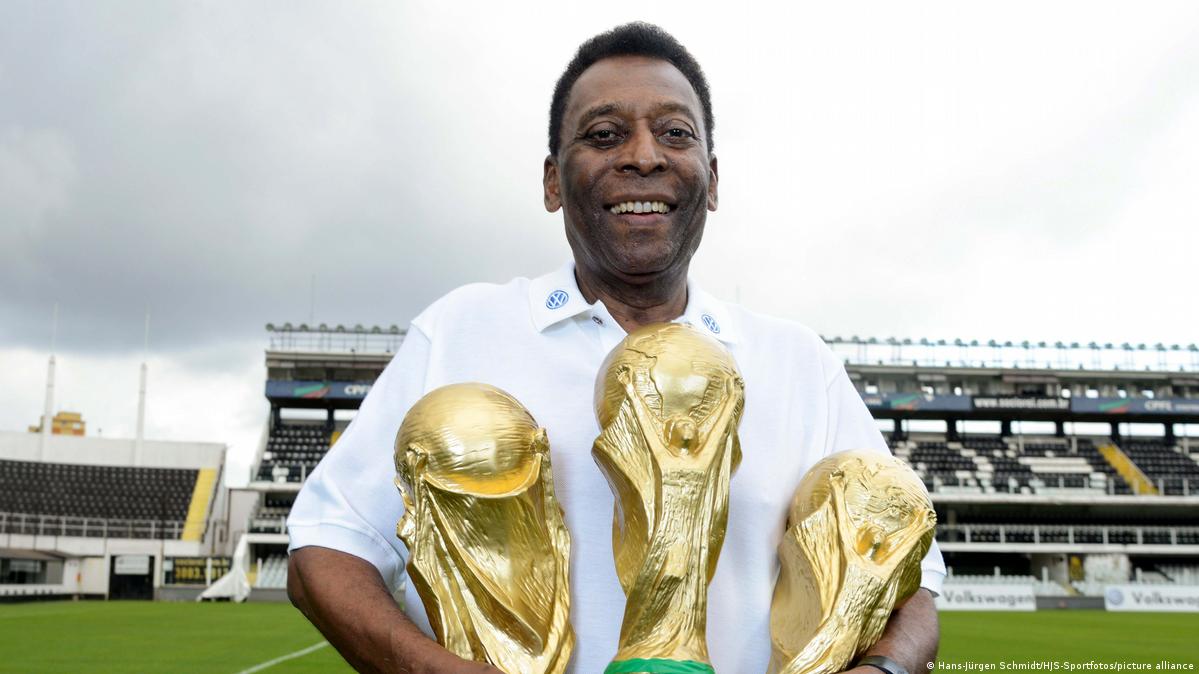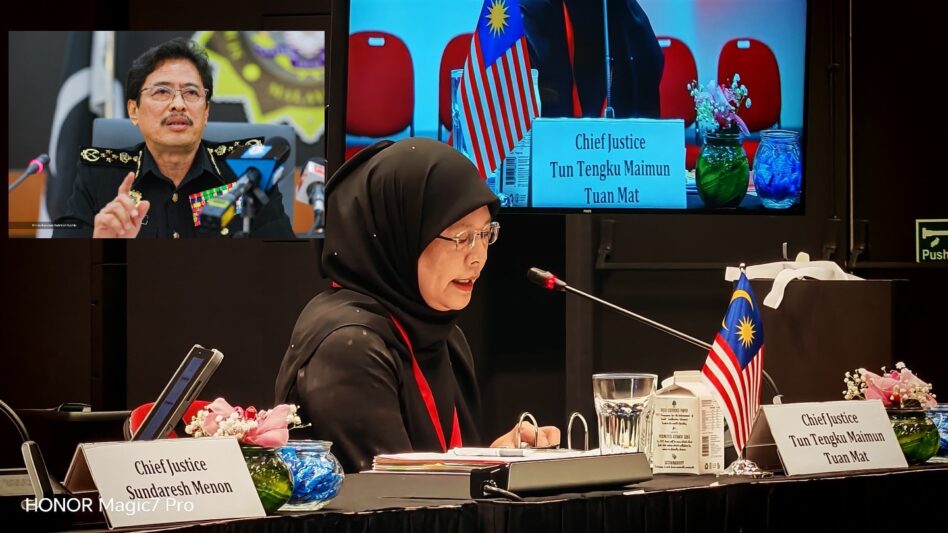PELE, the legendary Brazilian soccer player who rose from barefoot poverty to become one of the greatest and best-known athletes in modern history, died on Thursday (Dec 29) at the age of 82.
Sao Paulo’s Albert Einstein hospital where Pele was undergoing treatment said he died at 3.27pm local time “due to multiple organ failures resulting from the progression of colon cancer associated with his previous medical condition”.
The death of the only man to win the World Cup three times as a player was confirmed on his Instagram account.
“Inspiration and love marked the journey of King Pele who peacefully passed away today,” it read, adding he had “enchanted the world with his genius in sport, stopped a war, carried out social works all over the world and spread what he most believed to be the cure for all our problems: love”.
Tributes poured in from across the worlds of sport, politics and popular culture for a figure who epitomised Brazil’s dominance of the beautiful game.
The government of President Jair Bolsonaro, who leaves office on Sunday (Jan 1) declared three days of mourning and said in a statement that Pele was “a great citizen and patriot, raising the name of Brazil wherever he went”.
Bolsonaro’s successor, President-elect Luiz Inacio Lula da Silva, wrote on Twitter that “few Brazilians carried the name of our country as far as he did”.
French President Emmanuel Macron said Pele’s legacy would live forever. “The game. The king. Eternity,” Macron tweeted.

Pele had been undergoing chemotherapy since he had a tumour removed from his colon in September 2021.
He also had difficulty walking unaided since an unsuccessful hip operation in 2012. In February 2020, on the eve of the coronavirus pandemic, his son Edinho said Pele’s ailing physical state had left him depressed.
On Monday (Jan 2), a 24-hour wake will be held for Pele in the centre of the field at the stadium of Santos – his hometown club – where he started playing as a teenager and quickly rose to fame.
The next day, a parade carrying his coffin will pass through the streets of Santos, passing the neighbourhood where his 100-year-old mother lives, and ending at the Ecumenical Memorial Necropolis cemetery where he will be buried in a private ceremony.
Pele, whose given name was Edson Arantes do Nascimento, joined Santos in 1956 and turned the small coastal club into one of the most famous names in football.
In addition to a host of regional and national titles, Pele won two Copa Libertadores, the South American equivalent of the Champions League, and two Intercontinental Cups, the annual tournament held between the best teams in Europe and South America.
He took home three World Cup winner’s medals, the first time as a 17-year-old in Sweden in 1958, the second in Chile four years later – even though he missed most of the tournament through injury – and the third in Mexico in 1970 when he led what is considered to be one of the greatest sides ever to play the game.
He retired from Santos in 1974 but a year later made a surprise comeback by signing a lucrative deal to join the New York Cosmos in the then nascent North American Soccer League.
In a glorious 21-year career he scored between 1,281 and 1,283 goals, depending on how matches are counted.
Pele, though, transcended soccer, like no player before or since, and he became one of the first global icons of the 20th century.
With his winning smile and an aw-shucks humility that charmed legions of fans, he was better known than many Hollywood stars, popes or presidents – many if not most of whom he met during a six-decade-long career as player and corporate pitchman. – Dec 30, 2022
Main pic credit: dw.com









